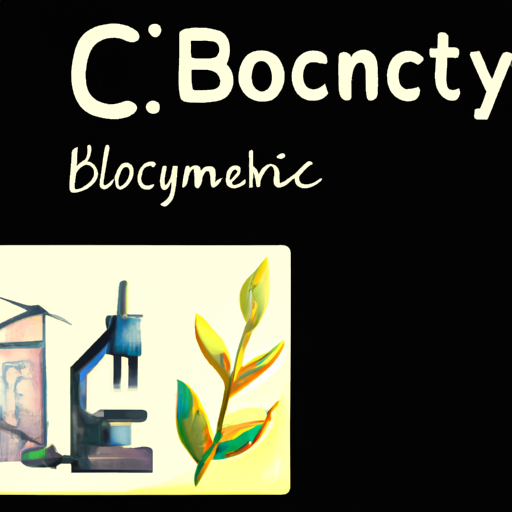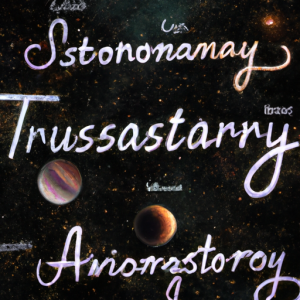Bioeconomy uct

Bioeconomy UCT: Unlocking the Potential of Sustainable Development
Bioeconomy UCT is a concept that focuses on the sustainable use of biological resources to achieve social, economic, and environmental goals. The University of Cape Town (UCT) is one of the leading institutions in promoting and studying this field in the African continent. In this article, we will explore the opportunities and challenges of Bioeconomy UCT, and how it can contribute to achieve the Sustainable Development Goals (SDGs) established by the United Nations.
What is Bioeconomy UCT?
Bioeconomy UCT is a multidisciplinary approach that involves the integration of biology, engineering, economics, and social sciences to maximize the potential of biological resources in a sustainable way. The ultimate goal is to create a bio-based economy that is less dependent on fossil fuels and other non-renewable resources, and that has the potential to generate new products, services, and jobs.
At UCT, Bioeconomy is seen as a critical field to address global challenges such as climate change, food security, health, and poverty reduction. The university has established partnerships with local and international stakeholders to promote research, innovation, and education in this area.
Statistics on Bioeconomy UCT
- UCT has over 50 academic staff members and 170 postgraduate students involved in Bioeconomy research.
- UCT has developed partnerships with over 40 organizations across Africa and the world to advance Bioeconomy.
- UCT’s Bioeconomy Initiative has received funding of over ZAR 20 million from different sources, including the South African Department of Science and Innovation.
Opportunities of Bioeconomy UCT
Bioeconomy UCT presents several opportunities for sustainable development in Africa and the developing world.
1. Agriculture and Agro-processing
Agricultural resources are abundant in Africa, but their potential is often limited by low productivity, poor infrastructure, and climate variability. Bioeconomy UCT can help to transform agriculture and agro-processing by introducing innovative technologies and practices that increase yields, reduce post-harvest losses, and create value-added products from agricultural waste and by-products.
2. Energy and Environment
Bioeconomy UCT promotes the use of renewable resources such as biomass, biogas, and biofuels to produce energy. This not only reduces the dependence on fossil fuels but also mitigates greenhouse gas emissions and improves the air quality. Additionally, Bioeconomy UCT can support the conservation and sustainable management of natural resources, including forests, wetlands, and marine ecosystems.
3. Health and Biomedicine
Bioeconomy UCT has the potential to revolutionize the field of health and biomedicine by developing new drugs, vaccines, and interventions from biological resources. Africa is home to many unique plant and animal species that can be used to treat diseases such as cancer, malaria, and HIV/AIDS. Bioeconomy UCT can also contribute to improving people’s nutrition and well-being by developing biofortified crops and natural supplements.
4. Innovation and Entrepreneurship
Bioeconomy UCT can serve as a catalyst for innovation and entrepreneurship in Africa. By developing new products and services that are based on biological resources, Bioeconomy UCT can create new market opportunities and generate employment. Additionally, Bioeconomy UCT can foster knowledge and technology transfer between different sectors and regions, promoting inclusive growth.
Challenges of Bioeconomy UCT
Despite its enormous potential, Bioeconomy UCT faces several challenges that need to be addressed to ensure its success.
1. Policy and Regulation
The Bioeconomy UCT sector operates in a complex regulatory environment that requires clear policies and standards to ensure safety, sustainability, and equitable distribution of benefits. Policymakers and regulators need to work closely with researchers, industry, and community stakeholders to develop a legal framework that supports Bioeconomy UCT while protecting the environment and human health.
2. Financing and Investment
Bioeconomy UCT requires significant investments in research, human capital, infrastructure, and innovation. However, funding for Bioeconomy UCT is often limited, particularly in developing countries where other sectors like health and education take priority. Private sector investment is also crucial, but it requires a conducive business environment that includes intellectual property protection, market incentives, and access to finance.
3. Capacity Building and Networking
Bioeconomy UCT is a multidisciplinary field that requires diverse skills, knowledge, and expertise. Capacity building programs that target students, researchers, entrepreneurs, and policymakers are essential to develop a vibrant and skilled workforce that can drive Bioeconomy UCT forward. Furthermore, networking and collaboration among different stakeholders is critical to leverage resources, share knowledge, and accelerate innovation.
Conclusion
Bioeconomy UCT has the potential to unlock the vast potential of biological resources to contribute to sustainable development in Africa and beyond. By promoting innovation, entrepreneurship, and research, Bioeconomy UCT can create new opportunities for economic growth, social well-being, and environmental sustainability. However, this requires a concerted effort from all stakeholders to address the challenges and seize the opportunities of Bioeconomy UCT.
References:
- Bioeconomy UCT Brochure
- Sustainable Development Goals
- The bioeconomy in Africa: Opportunities and challenges
- The UCT Bioeconomy: Why it’s important for Africa








